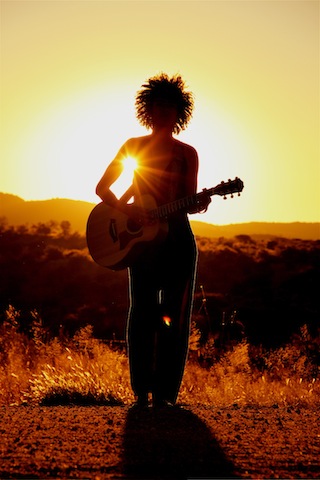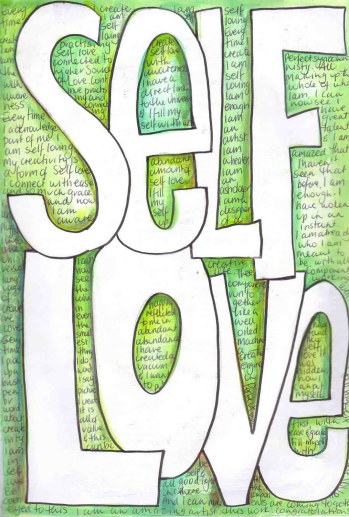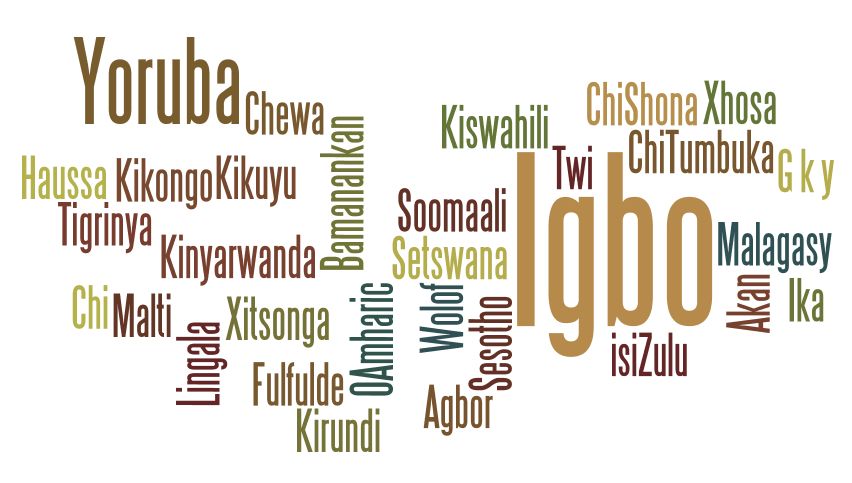If my detest for words and definitions stems from anything at all it's the "allies" I've experienced in both my personal life and my work as an activist. I've met hundreds of "white allies," for instance, many of who profess their "consciousness" via some digital channel (e.g. an overly serious…
-
Afrofeminism - Blog - Diversity - Diversity - Gender and LGBT Issues - Race, Culture, Ethnicity - The Political, Personalized
-
African Women Musicians: Queer Namibian Songwriter Shishani Launches Debut Album Campaign
One of my favorite African women artists, Shishani, has launched an IndieGoGo campaign to crowdfund her debut album, featuring her most popular singles, "Minority" and "Raining Words". I rarely post about media that isn't in the form of a review, but I've heard many of the tracks on the album…
-
Love and Afrofeminism: 5 Core Self-Care Principles Every Activist Should Live By
I often get requests for practical day-to-day advice for caring for oneself as an activist. It's prompted me to reflect on what it means for activists to really practice self care... not just as some fluffy theoretical concept reserved for the those who can afford fancy yoga retreats, but as…
-
A Gay Zulu Wedding and the Danger of a Single LGBT African Story
I've been mulling over the gay zulu wedding fiasco over the past few weeks. I was excited to see it, but something left me unsettled. Here are my thoughts, inspired by a TEDTalk by one of my favorite writers, Chimamanda Adichie, "The Danger of a Single Story."
-
African Feminism - Africans for Africa - Afrofeminism - Blog - Diaspora Diaries - Special Series - The Political, Personalized
What Kind of African Doesn’t Speak Any African Languages? Me.
Last year, I attended a conference about Africa's development. In a session about African identity, we explored the question of whether one could claim to be African without being fluent in their mother tongue. Some said yes. But many said no. For this, I blame colonialism... and Sesame Street.
Online rulet oyunları gerçek zamanlı oynanır ve online slot casino bu deneyimi canlı yayınlarla destekler.
İnternet üzerinden eğlence bahsegel giriş arayanlar için deneyimi vazgeçilmezdir.
Kullanıcıların hesaplarına hızlı ve sorunsuz bettilt ulaşabilmesi için adresi her zaman güncel tutuluyor.




